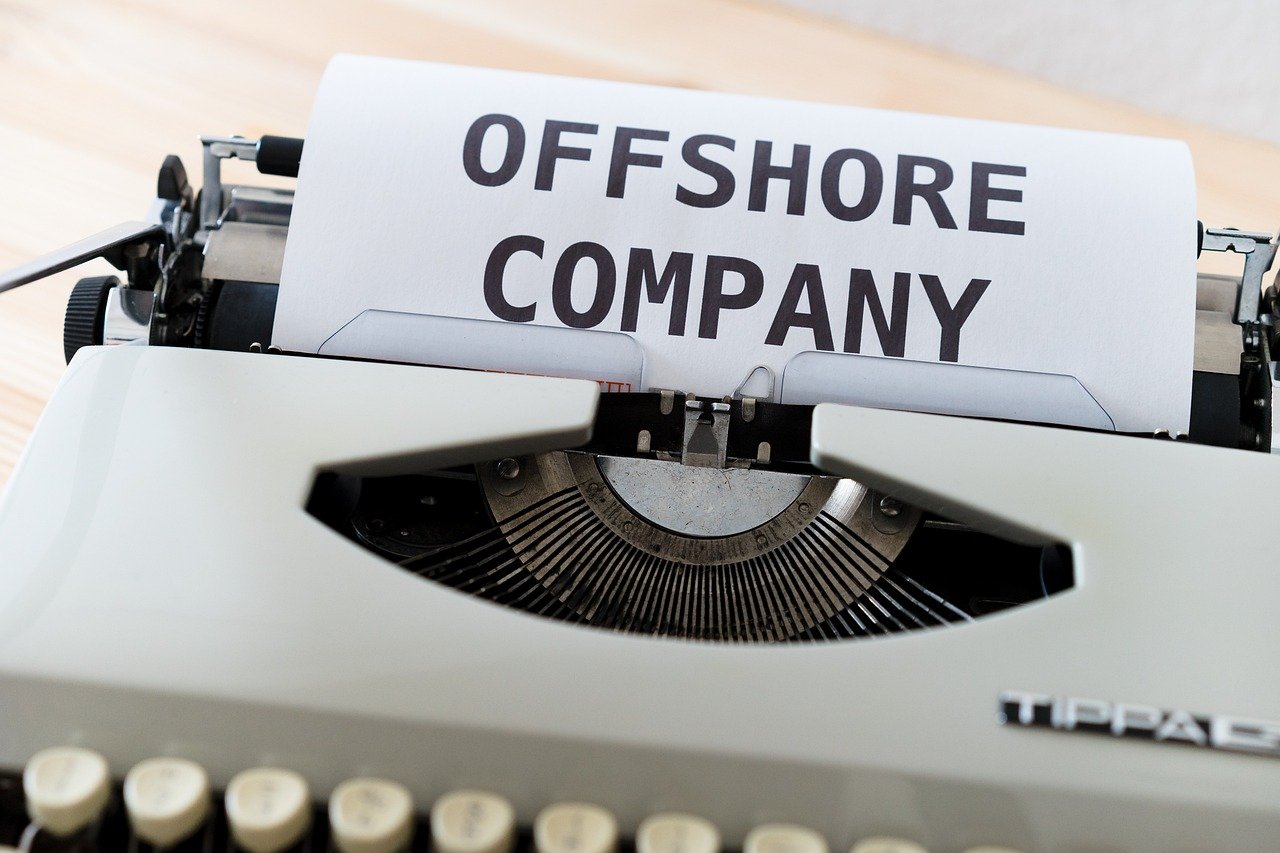In the complex landscape of European business and taxation, some countries stand out for offering favorable tax regimes to corporations and high-net-worth individuals. These so-called European tax havens aren’t just about secrecy and shell companies—they’re increasingly sophisticated, compliant with EU law, and designed to attract international entrepreneurs.
Whether you’re a startup founder, a remote-first business owner, or an investor looking to optimize tax efficiency, understanding where and why it pays off to establish your company in a European low-tax jurisdiction can be a strategic game-changer.
What Makes a Jurisdiction a “Tax Haven”?
A tax haven is generally defined as a location with:
- Low or zero corporate tax rates
- Favorable income or capital gains tax policies
- Legal frameworks designed for privacy and asset protection
- Business-friendly regulations and fast incorporation processes
In the EU, full tax secrecy is no longer allowed under current directives. However, there are still legally advantageous jurisdictions that attract businesses with light tax burdens and streamlined compliance.

1. Ireland 🇮🇪
- Corporate Tax Rate: 12.5%
- Why it pays off: Ireland has one of the lowest corporate tax rates in the EU, a highly educated workforce, and is the European HQ for many tech giants like Google, Apple, and Facebook. Its tax treaties and English-speaking environment make it a top choice for international businesses.
2. Cyprus 🇨🇾
- Corporate Tax Rate: 12.5%
- Why it pays off: Cyprus offers tax exemptions on dividends, capital gains, and foreign-sourced income. It’s ideal for holding companies, especially in tech, finance, and international trade.
3. Estonia 🇪🇪
- Corporate Tax Rate: 0% on reinvested profits
- Why it pays off: Estonia doesn’t tax profits that are reinvested in the company. Taxes are only due upon distribution. This model is ideal for growth-focused startups and SMEs. Estonia also offers e-residency, allowing non-residents to establish EU-based companies remotely.
4. Luxembourg 🇱🇺
- Corporate Tax Rate: ~24.9% (effective), but lower for holding companies
- Why it pays off: While not a traditional low-tax country, Luxembourg offers extensive tax treaties and favorable treatment for IP, funds, and holding structures. Many multinational corporations and investment funds are structured here.
5. Malta 🇲🇹
- Corporate Tax Rate: 35% (but effective rate often ~5% due to refund system)
- Why it pays off: Through a system of shareholder refunds, companies can effectively pay much lower taxes. Malta is especially attractive for gaming, fintech, and blockchain-based businesses.
6. Netherlands 🇳🇱
- Corporate Tax Rate: 19%-25.8%
- Why it pays off: Known for its favorable IP regimes and participation exemption, the Netherlands is home to many HQs of global corporations. Its business infrastructure and treaties make it a smart choice for international operations.

7. Hungary 🇭🇺
- Corporate Tax Rate: 9% (lowest in the EU)
- Why it pays off: Hungary offers the lowest corporate tax rate in the EU, a growing tech ecosystem, and relatively low operational costs. It’s especially attractive for SMEs and startups that want a competitive edge in Central Europe.
8. Bulgaria 🇧🇬
- Corporate Tax Rate: 10%
- Why it pays off: Low income and corporate tax rates, combined with EU membership, make Bulgaria a practical low-cost destination for digital businesses and remote-first operations.
9. Portugal (Madeira – Free Trade Zone) 🇵🇹
- Corporate Tax Rate: 5% (in the Madeira International Business Centre)
- Why it pays off: Madeira offers a low-tax EU environment for businesses that meet specific conditions. Portugal itself has become popular with remote workers and startups, offering non-habitual resident (NHR) tax incentives.
10. Romania 🇷🇴
- Corporate Tax Rate: 16%, or 1%-3% turnover tax for microenterprises
- Why it pays off: Romania offers flexibility for small businesses under the microenterprise scheme. It’s also known for its affordable and skilled IT workforce.

Things to Consider Before Moving to a Tax-Friendly Country
- Substance requirements: Many EU jurisdictions require real operations (staff, office) to benefit from favorable tax regimes.
- Double taxation treaties: Make sure the country has treaties with your home country to avoid tax duplication.
- Reputation: Some tax havens may be under scrutiny by tax authorities or financial institutions.
- EU compliance: All EU member states must comply with transparency and anti-abuse directives. “Aggressive” tax planning is increasingly under pressure.
Conclusion: Legally Optimizing Tax Without Leaving the EU
You don’t need to hide money offshore to optimize your taxes. Several EU countries offer fully legal, efficient, and internationally respected tax regimes that support business growth. Choosing the right jurisdiction can lead to substantial savings and competitive advantages—especially when paired with a strong business model and digital presence.
Build Your Online Foundation
No matter where your company is registered, a professional website and digital presence are essential for attracting customers and establishing credibility.
Visit Rakuzan.eu for help with designing and launching a fast, modern, and SEO-friendly business website.
And if you also need hosting or a domain, take advantage of their special offer via Hostinger.
Disclaimer: This article is for informational purposes only and does not constitute financial, tax, or investment advice. Readers should consult with a licensed professional before making any financial or business decisions.





